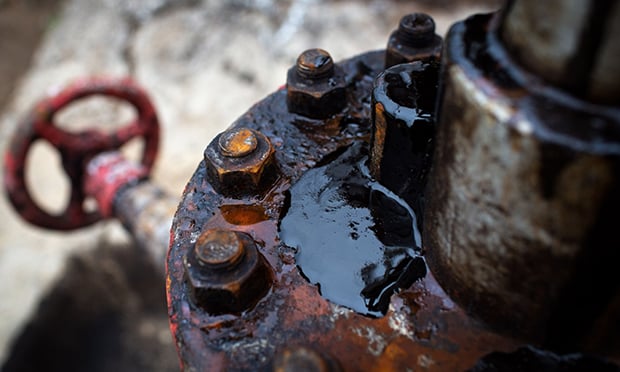 In the first quarter, much of the oil that was sold above $60 was transported using services from firms in G-7 countries, according to a team of researchers who analyzed trade and shipping data. That would suggest widespread breaches of the rules, they said. (Credit: Andrey Rudakov/Bloomberg)
In the first quarter, much of the oil that was sold above $60 was transported using services from firms in G-7 countries, according to a team of researchers who analyzed trade and shipping data. That would suggest widespread breaches of the rules, they said. (Credit: Andrey Rudakov/Bloomberg)
(Bloomberg) — Key figures in the insurance industry said rising Russian oil prices are making it harder for them to know if they can lawfully cover Russian cargoes.
Recommended For You
Want to continue reading?
Become a Free PropertyCasualty360 Digital Reader
Your access to unlimited PropertyCasualty360 content isn’t changing.
Once you are an ALM digital member, you’ll receive:
- Breaking insurance news and analysis, on-site and via our newsletters and custom alerts
- Weekly Insurance Speak podcast featuring exclusive interviews with industry leaders
- Educational webcasts, white papers, and ebooks from industry thought leaders
- Critical converage of the employee benefits and financial advisory markets on our other ALM sites, BenefitsPRO and ThinkAdvisor
Already have an account? Sign In Now
© Touchpoint Markets, All Rights Reserved. Request academic re-use from www.copyright.com. All other uses, submit a request to [email protected]. For more inforrmation visit Asset & Logo Licensing.







